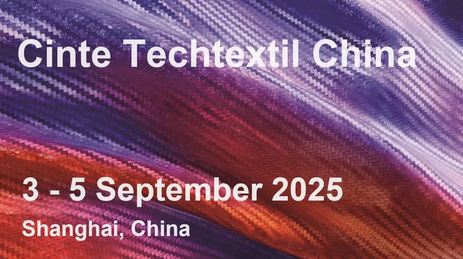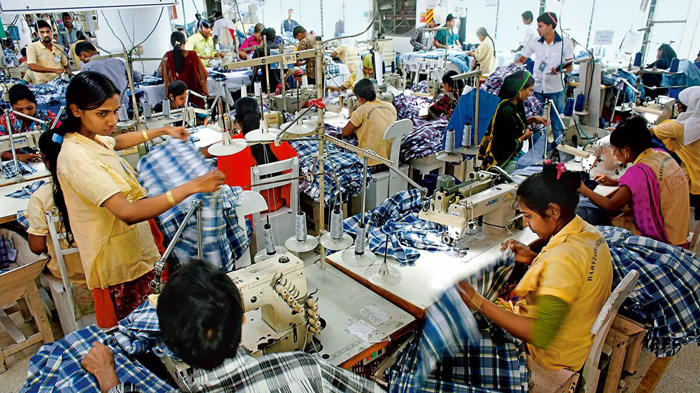The Fashion Transparency Index by Fashion Revolution highlights the fashion industry's inadequate response to global inequality and the climate crisis. It ranks 250 fashion brands based on their transparency regarding human rights and environmental policies.
While there have been slight improvements, the overall transparency performance of major brands falls short, with an average score of only 26%, a marginal increase from the previous year. However, there have been positive changes, as over half of the assessed brands now disclose their first-tier supplier lists, compared to 32% in 2017.
A notable development is the inclusion of luxury brand Gucci among the top performers for the first time, securing the second position with an impressive score of 80%. Gucci, along with Armani, Jil Sander, MiuMiu, and Prada, demonstrates significant progress in transparency. Gucci, in particular, improved its score by 21 percentage points, showcasing the potential for substantial improvement with genuine commitment.
Fashion Revolution's Liv Simpliciano expressed frustration with the slow progress and emphasized the need for 100% transparency as the baseline expectation. Critical deficiencies among major fashion brands include failure to disclose living wages for workers (99%), fuel types used in manufacturing (94%), annual production volumes and commitment to reducing new items (majority), responsible tax and purchasing practices (82%), and zero deforestation commitments (few).
Although some brands achieved high scores, such as OVS (83%) and Gucci (80%), the industry must address the urgent need for significant change, as 18 brands received a 0% rating. The fashion industry must overcome resistance and embrace transformative actions to tackle the climate crisis effectively.












